MRes Cardiovascular Medicine

学历文凭
Masters Degree (Research)

专业院系
Faculty of Medicine and Dentistry

开学时间

课程时长

课程学费

国际学生入学条件
IDP—雅思考试联合主办方

雅思考试总分
7.0
- 雅思总分:7
- 托福网考总分:95
- 托福笔试总分:160
- 其他语言考试:Pearson Test of English Academic (PTE Academic) - Overall score of 67 with a minimum of 61 in each component.
CRICOS代码:
申请截止日期: 请与IDP联系 以获取详细信息。
课程简介
相关申请
 预科
预科 奖学金
奖学金 实习机会
实习机会 在校学习
在校学习 跨境学习
跨境学习 校园授课-线上开始
校园授课-线上开始 在线/远程学习
在线/远程学习
开学时间&学费
学费信息仅供参考,请与IDP联系以获取详细信息
| 开学时间 | 时长 | 学费 | 地点 |
|---|---|---|---|
| 暂无 | 暂无 | 暂无 | 暂无 |
学校排名

世界排名106
数据源:
泰晤士高等教育世界大学排名
关于谢菲尔德大学

谢菲尔德大学是一个一流的研究型大学,在全球享有盛誉。该校是著名的罗素集团成员,名列全球第92位、英国第15位(2026年QS世界大学排名)。来自各种背景的学生将在谢菲尔德享受世界一流的教育。谢菲尔德有50多万人口,是个蓬勃发展的文化和工业中心。谢菲尔德是英国第四大城市,位于英国中心地带,是学生游览英国和欧洲的理想基地。从谢菲尔德乘火车两个小时便可到达伦敦,一小时可到达曼彻斯特。谢菲尔德大学拥有一个庞大的国际学生群体,因优质的教学和世界一流的研究而闻名。研究人员热衷于解决当今世界所面临的最大挑战。该校的尖端研究成果不仅影响着英国及全球的政策,对该校一系列学科的教学也发挥着作用。谢菲尔德大学有来自世界各地150个国家的3万多名学生。该校因紧密团结、温馨友好的校园社区而闻名,其学生会是公认的英国最好的学生会之一,在''2025年英国全国学生调查''中名列英国榜首。学生会提供各种俱乐部和社团、社交活动以及志愿活动机会,让学生获得更好的求学体验。谢菲尔德大学也因为学生提供极好的求学生活而世界闻名。
本校相关课程
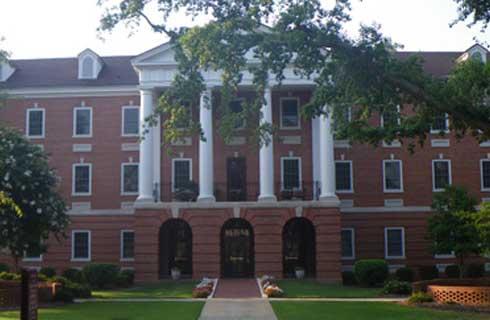
工学士(荣誉)软件工程
学历文凭
Undergraduate Masters
开学日期
课程费用总额

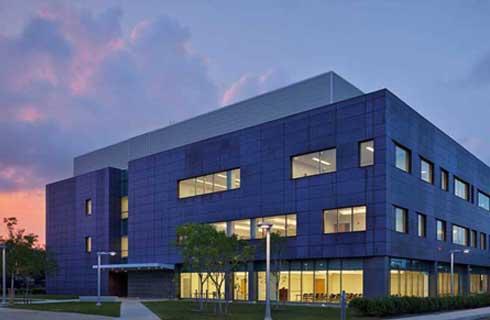
工学学士(荣誉)软件工程
学历文凭
Bachelor Degree with Honours
开学日期
课程费用总额

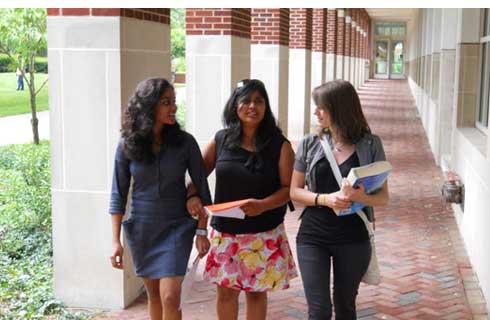
社会学学士(荣誉)学位
学历文凭
Bachelor Degree with Honours
开学日期
课程费用总额


理学学士(荣誉)学位
学历文凭
Bachelor Degree with Honours
开学日期
课程费用总额


文学士(荣誉)俄罗斯和政治
学历文凭
Bachelor Degree with Honours
开学日期
课程费用总额


政治与社会学(荣誉)文学士学位
学历文凭
Bachelor Degree with Honours
开学日期
课程费用总额

其他相关课程

医学检验科学学士
 查尔斯·达尔文大学
查尔斯·达尔文大学泰晤士高等教育世界大学排名:417
学历文凭
Bachelor Degree
开学日期
课程费用总额


整骨医学硕士
 南十字星大学
南十字星大学泰晤士高等教育世界大学排名:456
学历文凭
Masters Degree (Coursework)
开学日期
课程费用总额

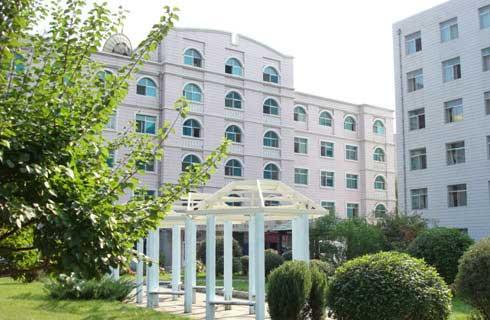
临床科学学士
 查尔斯特大学
查尔斯特大学泰晤士高等教育世界大学排名:631
学历文凭
Bachelor Degree
开学日期
课程费用总额


骨科硕士
 乐卓博大学
乐卓博大学泰晤士高等教育世界大学排名:267
学历文凭
Masters Degree (Coursework)
开学日期
课程费用总额

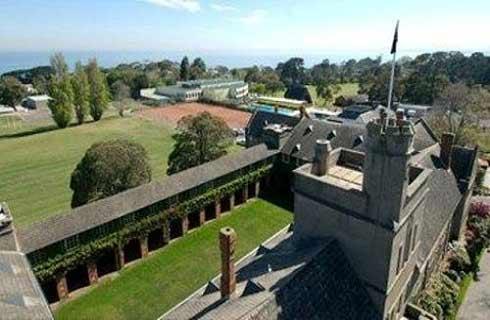
临床修复和矫正硕士
 乐卓博大学
乐卓博大学泰晤士高等教育世界大学排名:267
学历文凭
Masters Degree (Coursework)
开学日期
课程费用总额


癌症和血液学护理研究生文凭
 悉尼大学
悉尼大学泰晤士高等教育世界大学排名:54
学历文凭
Graduate Diploma
开学日期
课程费用总额










 英国
英国